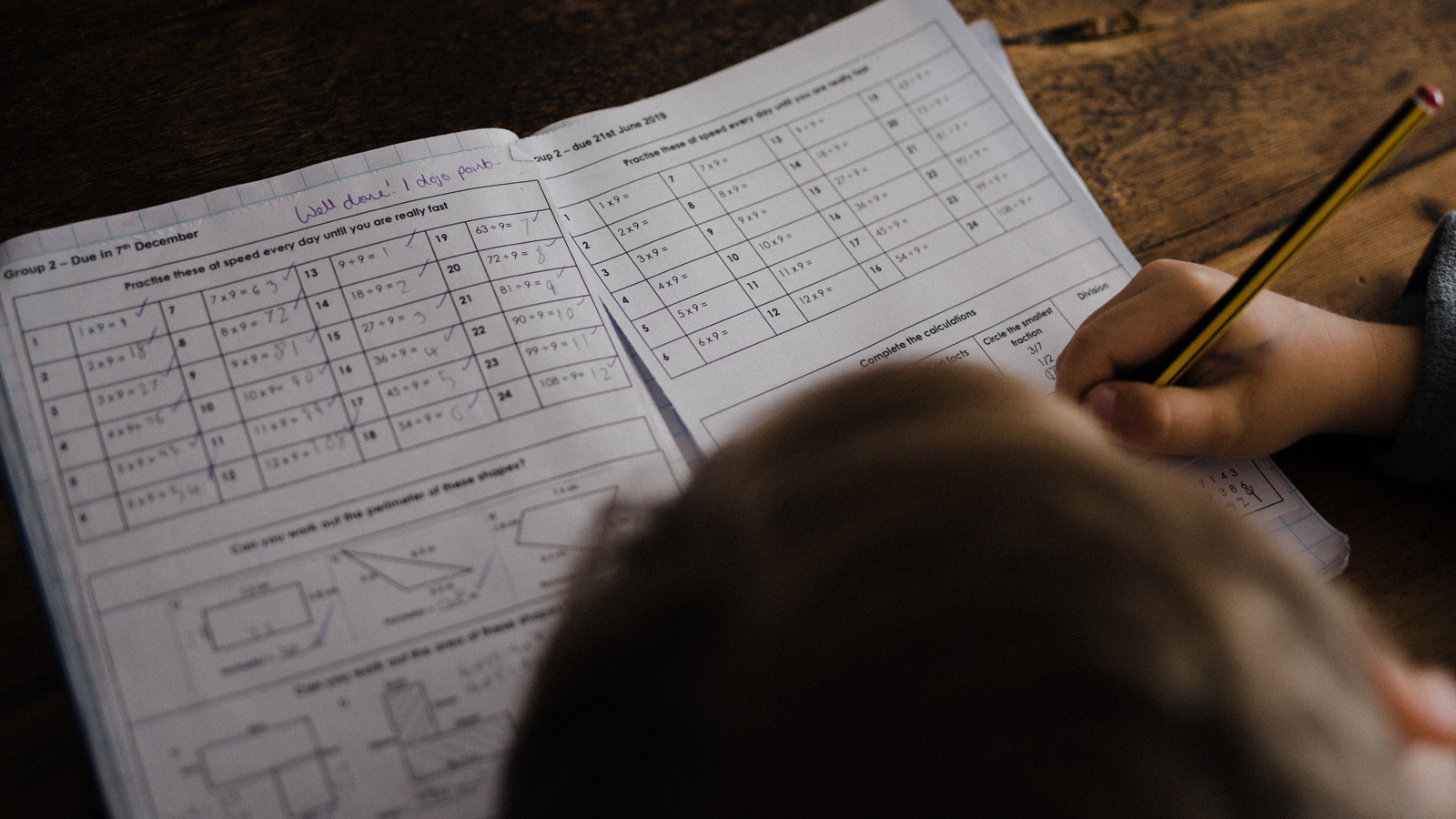Education Headline Roundup
This week, we’re discussing two big stories that are making waves in the education world, one of which is very close to home (here’s looking at you, Ohio):
- Ohio’s Department of Education is undergoing a major reorganization that has been met with opposition from teachers, school administrators, and parents. The reorganization has been blocked by a temporary restraining order, and it is unclear what will happen to the new Department of Education and Workforce if the Ohio Supreme Court upholds the lower court’s ruling that the restructuring process was in violation of the state of Ohio’s constitution.
-
The California Mathematics Framework, a recently approved, 1,000+ page proposal to overhaul mathematics instruction in California public schools, is coming under intensifying scrutiny. Proponents of the Framework argue that its goal is to bolster educational equity by focusing on applied and authentic mathematics problems, tweaking curriculum timing and content, and endorsing a recommendation that postpones the teaching of Algebra I until high school, but the proposal has been met with intense debate. Critics have taken issue with some of the research cited by the report, and the size of the document has also made it difficult for the public to scrutinize.
The Homework Hustle
Homework has been a part of American schooling for many years, though its popularity as an instructional aid has waxed and waned over the decades. At the turn of the 20th century, progressive reformers argued that homework was not “hands-on” enough and that it created undue stress in the lives of students. Anti-homework sentiment faded amidst Cold War tensions as American policy-makers struggled to “keep up” with the technological advances of the Soviets. In 1983, the Reagan administration’s report “A Nation at Risk” warned that American students were falling behind their peers in other countries and that the quality of American education was in decline. The report called for more rigorous academic standards, and this had a significant impact on the question of homework in American public schools.
Today, American teenagers spend about twice as much time on homework each day as their predecessors did in the 1990s. However, research has shown that excessive homework can be associated with high stress levels, physical health problems, and lack of balance in children’s lives. Some schools have started building in “rules” around homework, such as limiting homework to an hour per night or eliminating due dates after weekends or breaks. What’s the correlation between the amount of homework students do and their performance on in-class exams? Can too much homework hurt academic performance? Join us as we navigate this challenging discussion with far-reaching impact for students, parents, and teachers.
In this week’s What We Learned segment: Katie shares the news that Ohio’s Hopewell Ceremonial Earthworks has been added to the UNESCO World Heritage List. Built along tributaries to the Ohio River, the series of eight monumental earthen enclosure complexes built between 2,000 and 1,600 years ago are the most representative surviving expressions of the Indigenous Hopewell tradition. Chelsea reviews the book The Death of Expertise, an in-depth discussion of the decline in public trust in experts and expertise.
Sources & Resources:
The Atlantic – California’s Math Misadventure Is About to Go National By Brian Conrad
California Department of Education – Mathematics Framework
The Atlantic – The Cult of Homework By Joe Pinsker
JSTOR Daily – The Surprising History of Homework Reform by Livia Gershon
CNN – Kids have three times too much homework, study finds; what’s the cost? by Kelly Wallace
